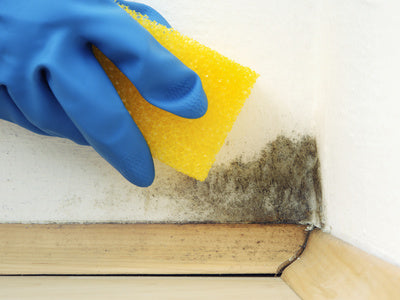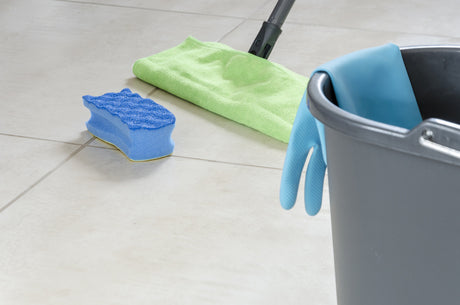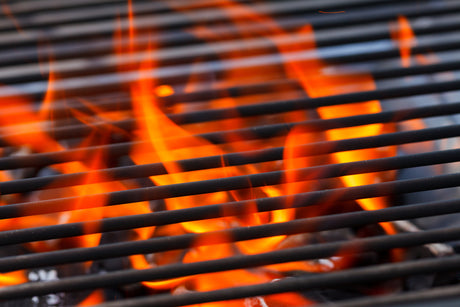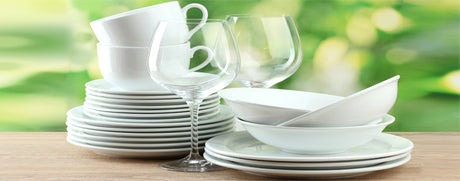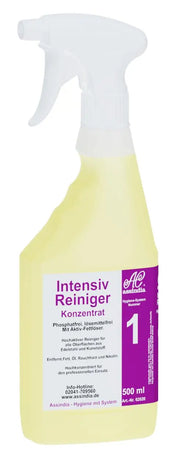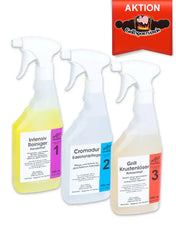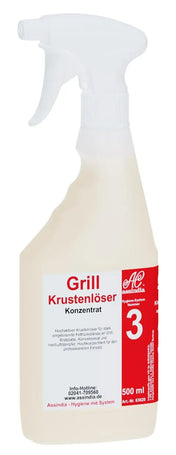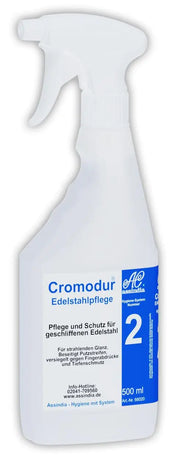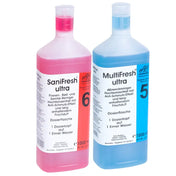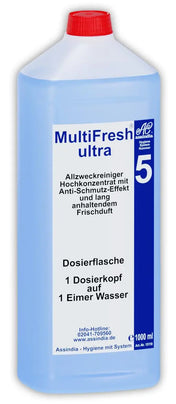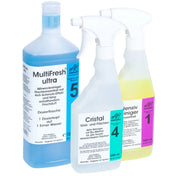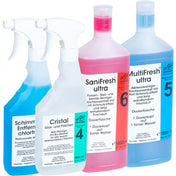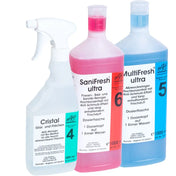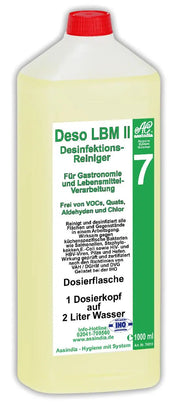The kitchen is a place where large quantities of food and liquids are regularly processed. It is therefore particularly important to clean kitchen appliances hygienically in order to prevent the spread of bacteria and germs and to ensure the longevity of the appliances. In this guide, you will learn how to clean various kitchen appliances effectively and hygienically.
1. General cleaning tips for kitchen appliances
1.1. Regular cleaning
Regularly perform a thorough cleaning of your kitchen appliances to prevent the buildup of dirt and bacteria. Clean appliances such as the refrigerator, microwave and coffee maker at least once a week, or after each use if necessary.
1.2. Avoiding cross-contamination
Use separate cleaning cloths and sponges for different equipment and surfaces to avoid cross-contamination. Be sure to wash or replace cloths regularly.
1.3. Disinfection
Use disinfectants or special cleaning products to eliminate germs and bacteria, especially on equipment that regularly comes into contact with raw food.
2. Cleaning specific kitchen appliances
2.1. Refrigerator
-
Regular cleaning: Wipe the interior surfaces of the refrigerator at least once a month with a mixture of warm water and mild detergent. Remove all shelves and drawers, wash them separately and let them dry thoroughly before replacing them.
-
Stains and odors: For stubborn stains, use a paste made from baking soda and water. This will help loosen stains and neutralize odors. Wipe the paste off with a damp cloth and dry the area thoroughly.
-
Rubber seals: Clean the rubber seals on the refrigerator doors with a mild detergent and a damp cloth to prevent mold and cracks.
2.2. Microwave
-
To clean the inside: Fill a microwave-safe bowl with water and lemon juice or vinegar. Place the bowl in the microwave and heat until steam is produced. Allow the steam to work for a few minutes and then wipe the inside surfaces with a damp cloth.
-
Turntable: Remove the turntable and wash it with warm water and detergent. Dry it thoroughly before replacing it.
-
Grease stains: Use a special cleaner for grease stains to remove stubborn stains.
2.3. Coffee machine
-
Weekly cleaning: Regularly clean the parts of the coffee machine that come into contact with coffee with warm water and detergent. Make sure to clean the filter and water tank thoroughly.
-
Descaling: Descale the coffee machine every few weeks or according to the manufacturer's instructions. Use a descaler or a mixture of water and vinegar. Carry out the descaling process according to the manufacturer's instructions.
2.4. Toasters
-
Crumb tray: Remove and empty the crumb tray regularly. Clean the tray with warm water and dish soap and let it dry thoroughly.
-
Housing: Wipe the housing of the toaster with a damp cloth. Do not use excessive moisture and avoid submerging the toaster in water.
-
Cleaning the heating wires: Carefully remove loose crumbs with a dry brush or a special cleaning brush.
2.5. Mixer
-
After each use: Clean the blender immediately after each use to avoid dried residue. Fill the blender jug with warm water and a few drops of washing-up liquid and run it. Then rinse thoroughly.
-
Cutting tools: Be sure to clean the blades gently to avoid injury. Use a brush or sponge and rinse under warm water.
2.6. Dishwasher
-
Filter cleaning: Clean the dishwasher filter regularly to avoid blockages and unpleasant odors. Remove the filter, rinse it under water and remove all food residue.
-
Descaling: Perform descaling every few months to remove limescale deposits. Use special descaling products or a mixture of vinegar and water. Run the dishwasher through a cleaning cycle without any dishes.
3. Tips to avoid common mistakes
3.1. Do not use harsh cleaning agents
Avoid using harsh chemicals or abrasive cleaners that can damage the surfaces of kitchen appliances. Choose mild cleaners and test them on an inconspicuous area.
3.2. Do not immerse devices in water
Do not immerse electrical kitchen appliances in water as this may cause damage and short circuits. Only clean them with a damp cloth and special cleaning products.
3.3. Avoid daily cleaning
Avoid using the same cleaning products every day, especially if they are strong or chemical. Change cleaning methods occasionally to ensure thorough cleaning and avoid damage.
4. Environmentally friendly cleaning solutions
4.1. Natural cleaning products
Use natural cleaning products such as lemon juice, vinegar or baking soda. These are not only environmentally friendly but also effective in cleaning kitchen appliances.
4.2. Reusable cleaning cloths
Use reusable microfiber cloths instead of disposable paper towels to reduce waste and save costs.
Conclusion
Hygienic cleaning of kitchen appliances is crucial for the health and hygiene in your kitchen. By maintaining them regularly, using the right cleaning method and avoiding common mistakes, you can keep your kitchen appliances in top condition and extend their lifespan. Use environmentally friendly cleaning products and ensure thorough but gentle cleaning to achieve optimal results.


